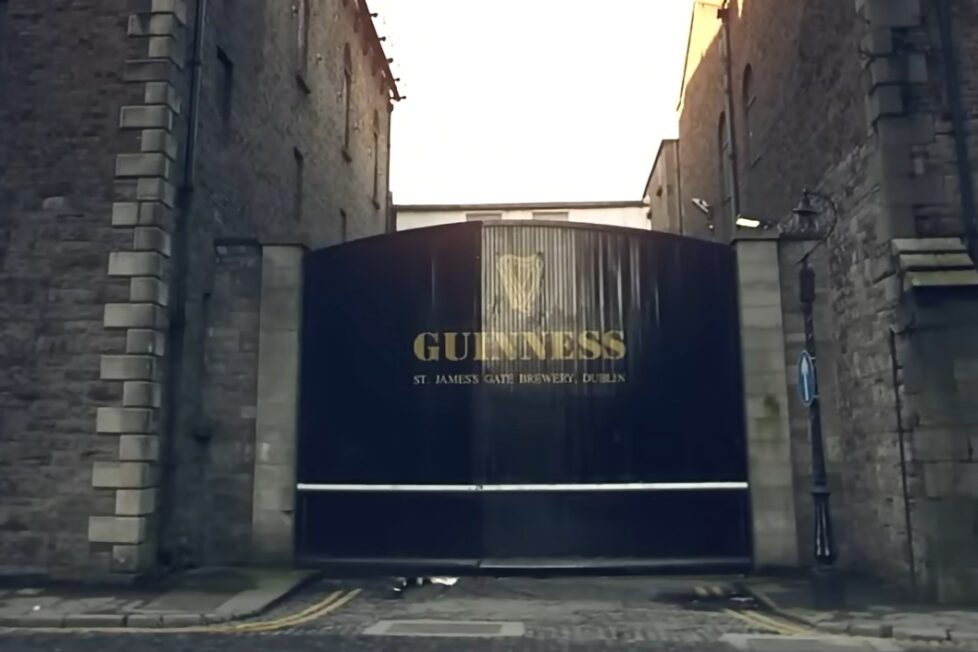Diageo to Invest $110 Million to Decarbonize Flagship Guinness Brewery

Global spirits and beer company Diageo announced plans to invest over €100 million (USD$109 million) to decarbonize its flagship Guinness brewery, St. James’s Gate in Dublin, with a goal to transform the 264-year old site into one of the world’s most efficient breweries by 2030.
According to Diageo, the announcement forms part of its 10-year sustainability program, ‘Society 2030: Spirit of Progress.’ Launched in 2020, the initiative includes a series of 25 goals aimed at making a positive impact on the world by 2030, including targets to harness 100% renewable energy, to achieve net zero carbon emissions across direct operations, to work with suppliers to reduce indirect carbon emissions by 50% by 2030, as well as to ensure that its products are made with 30% less water usage, and to achieve a net positive water impact in key water stressed basins and communities.
Under the new initiative, the St. James Gate site will implement a renewable energy strategy by combining grid-supplied electrical power heat pumps and biogas generated within a new water recovery facility by 2030. Additionally, the facility will improve water use efficiency, with a projected reduction in water usage of 30%.
Diageo said that it aims to completely phase out the use of fossil fuels in its direct brewing operations at the site, and to reduce Scope 1 and 2 GHG emissions generated by the site by more than 90%.
Debra Crew, Global Chief Executive Officer at Diageo, said:
“St. James’s Gate is an historic location for an iconic brand. We’re 260 years into our 9,000-year lease at St. James’s Gate and this investment will ensure that Guinness has an exciting and long-term sustainable future. We are proud to lead the way on decarbonisation, both as a major Irish business and as an industry-leading company.”